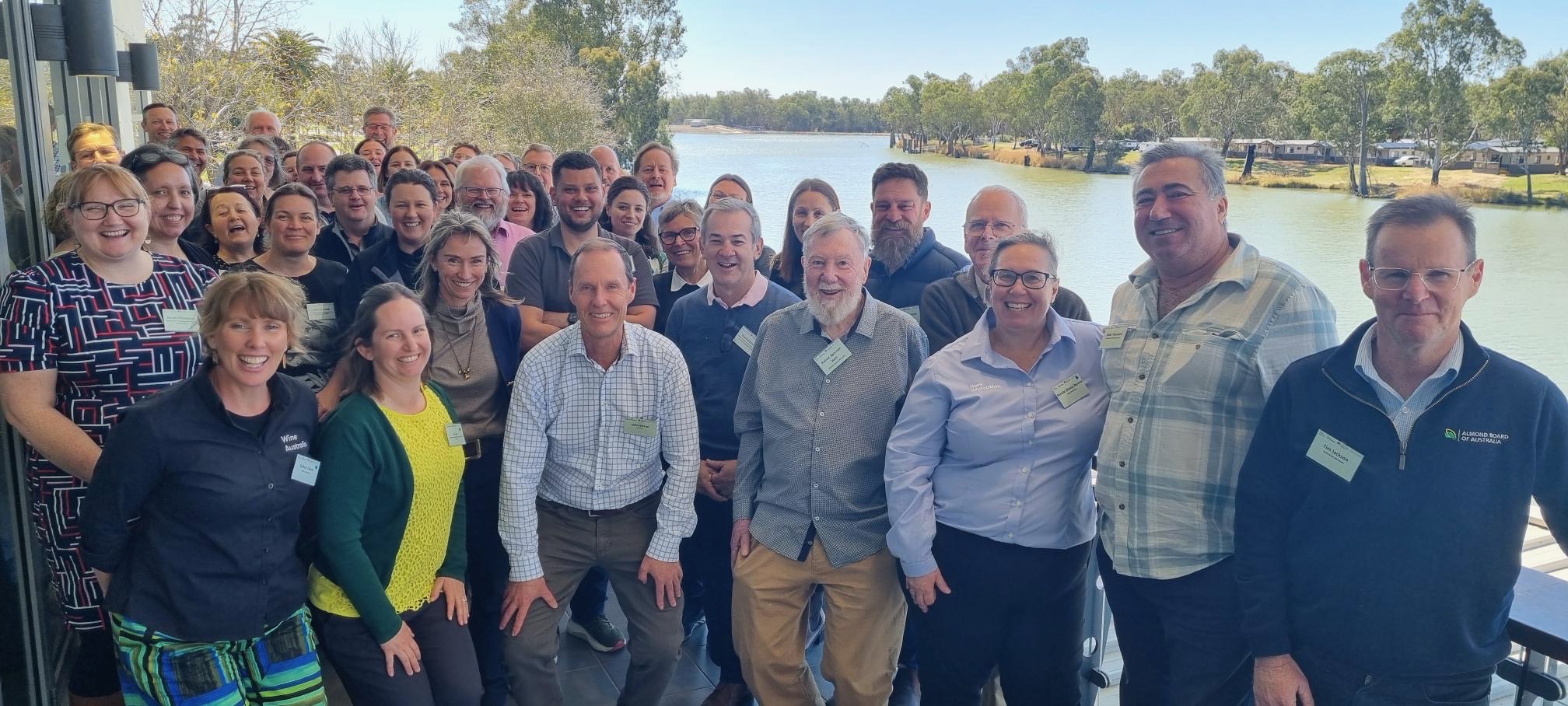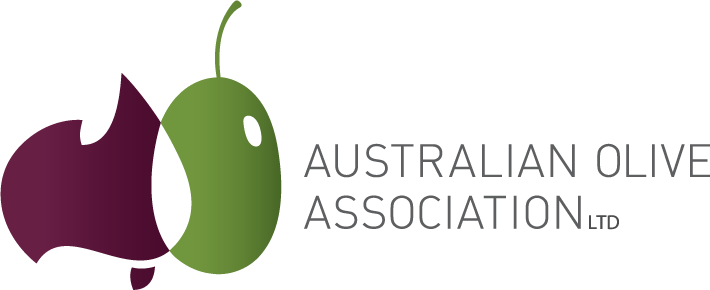Protecting the future of Australian olives: Industry represented at national Xylella preparedness workshop

The interests of the Australian olive industry were represented at a national Xylella preparedness workshop recently, as efforts to safeguard the nation’s agriculture sector from one of the most serious emerging plant disease threats worldwide continue.
Convened by the Plant Biosecurity Research Initiative, Wine Australia and Hort Innovation, the event brought together government agencies, research bodies and industry representatives to address Australia’s highest priority plant pest – Xylella fastidiosa.
Australian Olive Association President Mike Thomsett and Scientific Adviser in Sustainable Pest Management Professor Robert Spooner-Hart attended the 18 September event in Mildura, ensuring Australian olives remained at the forefront of prevention and response planning discussions.
”Xylella fastidiosa has devastated olive groves across Europe and poses a clear risk to Australian agriculture if ever introduced,” Mr Thomsett said.
“The workshop agenda was designed to identify gaps in preparedness and highlight research, development and extension opportunities to strengthen Australia’s national biosecurity position.”
International insights were shared from New Zealand and the European Union, where Xylella incursions have had far-reaching consequences.
Key sessions explored the implications of detection, industry impact minimisation and business continuity strategies, while discussions and breakout groups allowed industry stakeholders to assess practical measures and rank priorities for future investment and collaboration.
An Executive Summary of the National Xylella Action Plan 2019–2029 framed the workshop, covering four critical action areas – prevention, detection, response, and cross-cutting issues. Of the 91 projects funded under this plan, many are already completed or underway, with others ongoing.
“The workshop provided an important opportunity to refine priorities and ensure the Australian olive industry’s needs are embedded in any national preparedness framework,” Mr Thomsett said.
“For the AOA, attendance at this event was essential to ensure olives are recognised as a high-risk host and our growers and producers remain at the forefront of discussions on prevention and response.
“The opportunity to collaborate with other industries, research partners and government agencies is invaluable as we continue to safeguard the future of Australian olives.”
For further information, refer to the National Xylella Action Plan 2019–2029.
